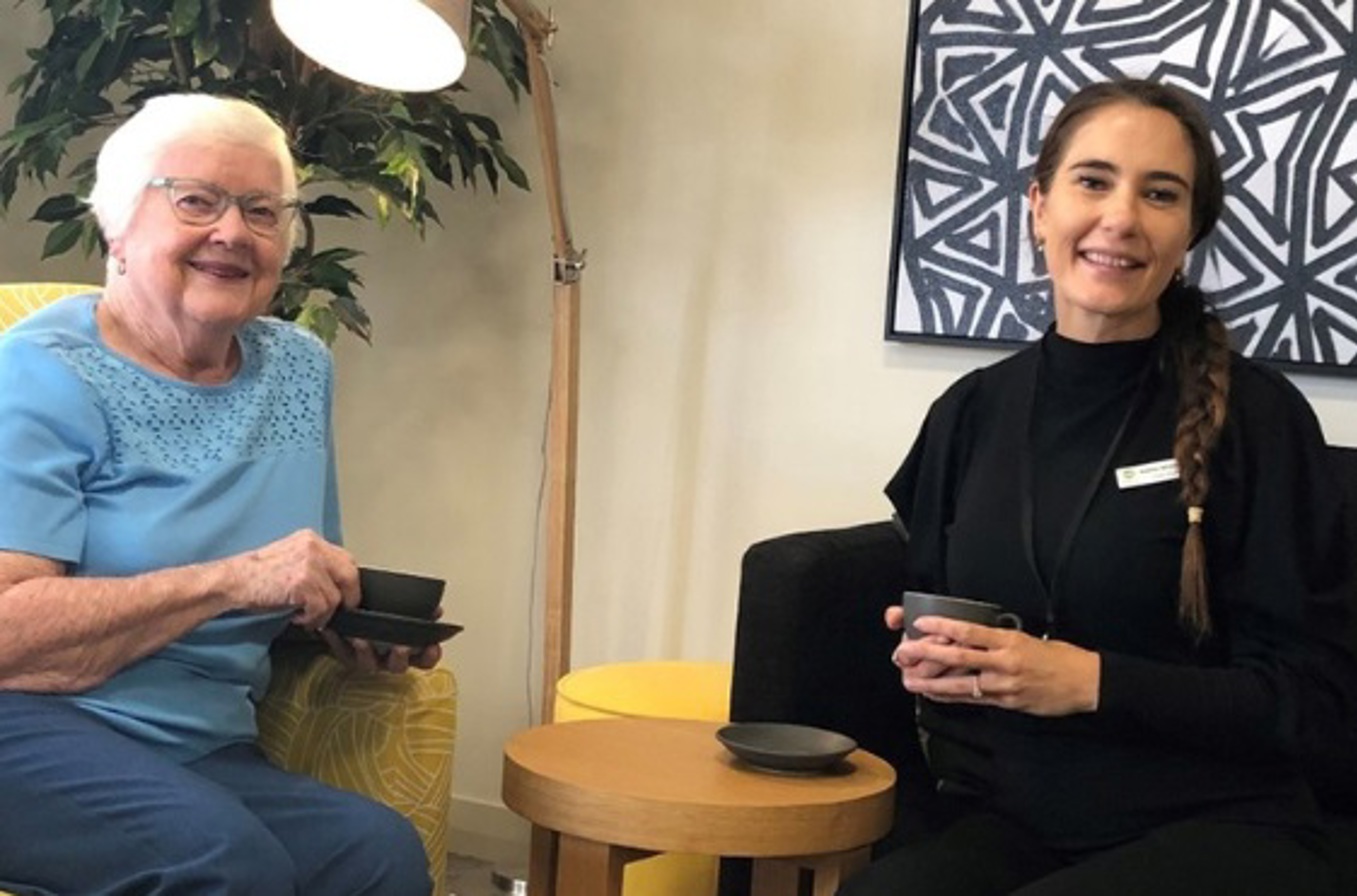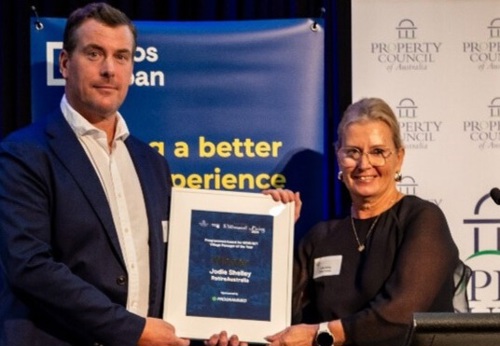What makes a great retirement village manager?
09/07/2024

Does a retirement village need a manager?
As anyone who lives in a retirement village will tell you, the village manager is a central figure who is critical to the success of the village and the happiness and wellbeing of village residents.
It’s not the only success factor, of course - the village operators and their policies are also pivotal, the built and natural environments make a difference to quality of life, and the resident cohort can also have a significant impact on the retirement village experience.
But there’s no doubt the village manager plays an essential role.
So, what is the role of a retirement village manager?
What does a retirement village manager do?
Retirement village managers are responsible for organising and controlling the day-to-day operations of the retirement village. They are the legal representatives of the owner or operator.
They take care of the wellbeing of the residents, but are also responsible for the business side of the retirement village, including sales, marketing, building and grounds maintenance, management reporting, development and implementation of village policies and procedures, and budgeting.
On any given day, a retirement village manager might have to coordinate building repairs, manage tight staff rosters, attend a budget meeting, and deal with bereaved family.
I’ve often heard them say there’s never a dull day.
How to be a good retirement village manager
Every year, the peak body for retirement villages in Australia, the Retirement Living Council – part of the Property Council of Australia – runs an award program among its members to recognise the ‘best of the best’ among retirement village managers.
The ‘Programmed Award for Village Manager of the Year’, as it is known, recognises the skills of a good retirement village manager, such as one who creates a “successful, happy and harmonious village environment through their exceptional leadership and personal commitment to residents.”
The Retirement Living Council also reviews nominees on "making positive and innovative contributions to ensure resident happiness, providing a financially successful environment, and going ‘above and beyond’.”
The Judging Panel for the Village Manager of the Year award is made up of retirement living executives.
It could be argued that one or two residents are included on the judging panel – it's possible the retirement village industry’s understanding of what makes an exceptional village manager is different to the residents’.

What makes a good retirement village manager?
The qualities of a good manager of a retirement village manager are varied. They are a unique mix that span the so-called ‘soft skills’ to help them deal with older people and their families in a sensitive way, to the ‘harder’ skills such as sales, finance, property development, and implementing policies and procedures.
A quick look at job ads shows the necessary skills of a good retirement village manager:
- A working knowledge of the Retirement Villages Act and Strata Management Act
- A retirement living, facilities management, property management or hospitality background
- Proven track record in complaint/people management with strong relationship building skills
- Experience in dealing and working with committees
- Exceptional leadership skills and the ability to remain calm under pressure
The tasks required of retirement village managers include:
- Management and leadership of the retirement village
- Managing a large team, ensuring adequate resourcing of 24/7 shifts
- Preparing and managing operating budgets
- Operating the village in compliance with legislation and company policy
- Building close working relationships with village committees
- Managing the residents’ support and families
- Running health and wellbeing programs
- Managing the vacate to occupy process
- Preparing, developing and implementing an annual business plan, including asset improvements
For such a broad range of varied and complex skills, Retirement Village Managers do not earn huge salaries – usually from around $75,000 up to $120,000.
Is it enough to attract the calibre of person required to fill such a demanding job – one that plays such a central role in residents’ lives?
We’re interested to hear from residents about what they think makes a great village manager. Please feel free to share this post with friends or colleagues via email or social media, and share your thoughts and experiences with us about your retirement village manager.
How to contact us? You can reach us at [email protected]
Image credit - Ashlee McGlashan, Village Manager at Bethanie Gwelup Retirement Village














